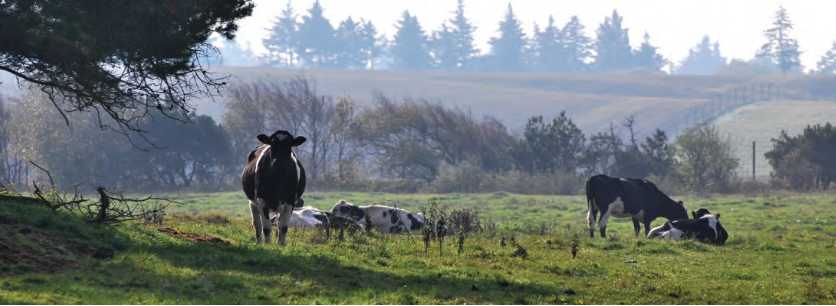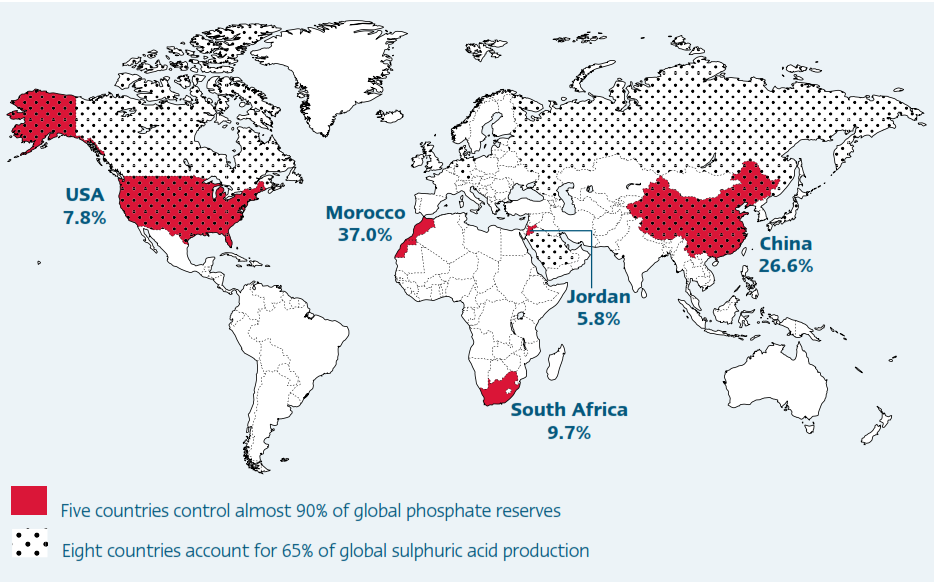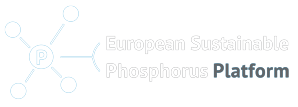
Stockholm Environment Institute
A sustainable, prosperous future for all.
SEI is an independent international research institute and has been engaged in environment and development issues at local, national, regional and global policy levels for more than 25 years.

SEI was formally established in 1989 by the Swedish Government and celebrated its 25th anniversary in October 2014. Our goal is to bring about change for sustainable development by bridging science and policy. We do this by providing integrated analysis that supports decision-makers. The institute has built a reputation for rigorous and objective scientific analysis in the field of environment and development.
Phosphorus has been a priority area for the institute for the past 15 years. The emphasis has been in eutrophication, agricultural practices, reuse from wastewater and sludge, governance and geopolitics surrounding phosphorus reserves and the planetary boundaries research. SEI pioneered the topic of global reserves with a publication in 2004 in the Indian journal Down to Earth produced by the Centre for Science and Environment. SEI developed a global programme in ecological sanitation promoting reuse of sludge and wastewater (www.ecosanres.org) between 2001 and 2011. Together with Wageningen Univ SEI did the first sustainable phosphorus assessment for Europe in 2010 which led to the EU Green Paper on Phosphorus. In 2015 SEI recommended a 5 step action plan for the UN to start managing global phosphorus reserves.
Searching on SEI’s website for the keyword phosphorus produces about 170 publications on the topic including:
- Pre-consultation for EU Green Paper on sustainable phosphorus use: Exploring governance innovations in the Baltic Sea Region agricultural-food system
- Sustainable Use of Phosphorus
- Towards global phosphorus security: A systems framework for phosphorus recovery and reuse options
- Bridging the Disconnect Between Dwindling Global Phosphorus Reserves, Agricultural and Sanitation Practices and Eutrophication
- Peak phosphorus: the next inconvenient truth
- The governance gap surrounding phosphorus
- In a Fix: The Precarious Geopolitics of Phosphorus
- Planetary boundaries analysis highlights need for better policies on chemicals
- Plant-Availability of Phosphorus Removed from Wastewater by Different Processes
- Organic matter, nitrogen and phosphorus content in sludge dewatered by natural methods
- Factors Affecting Phosphorus in Groundwater in an Alluvial Valley Aquifer: Implications for Best Management Practices
- A multivariate analysis of covariance to determine the effects of near-stream best management practices on nitrogen and phosphorus concentrations on a dairy farm in the New York Conservation Effects Assessment Project watershed

Key publication:
Rosemarin, A. and Ekane, N. 2015. The governance gap surrounding phosphorus. Nutrient Cycling in Agroecosystems. Springer. 15p. DOI 10.1007/s10705-015-9747-9 http://link.springer.com/article/10.1007%2Fs10705-015-9747-9
Contact details
www.sei-international.org
Search link relevant to phosphorus
http://www.sei-international.org/searchresults?q=phosphorus
Arno Rosemarin
Stockholm Environment Institute
Linnégatan 87D,
10451 Stockholm, Sweden
